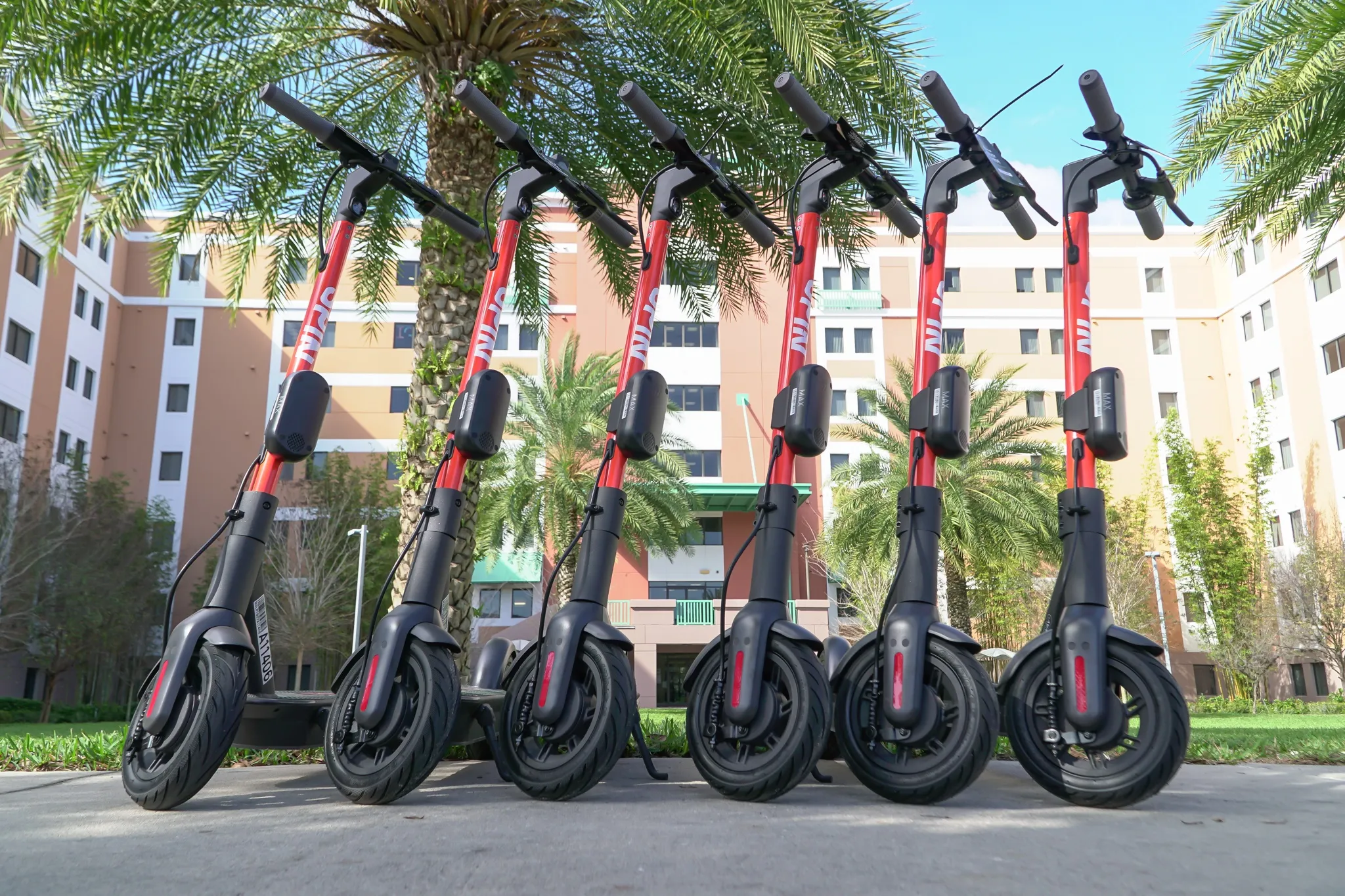
The US city of Pittsburgh has embaced a Mobility as a Service (MaaS) Transit app.
An initiative called Move PGH has signed up mobility companies including scooter firm Spin and car-share specialist Zipcar, with more to be added.
Move PGH says it is "working to improve and simplify mobility access by connecting Pittsburgh’s shared transportation options".
Pittsburgh’s Port Authority and Healthy Ride bike-share programme are also available.
The city says it is working "to improve and transform transportation access for everyone in Pittsburgh" and is connecting "multiple transportation choices" at 50 physical hubs.
Move PGH pairs low-cost and shared mobility options with the Port Authority’s mass transit so Pittsburghers can easily get around, the city says.










